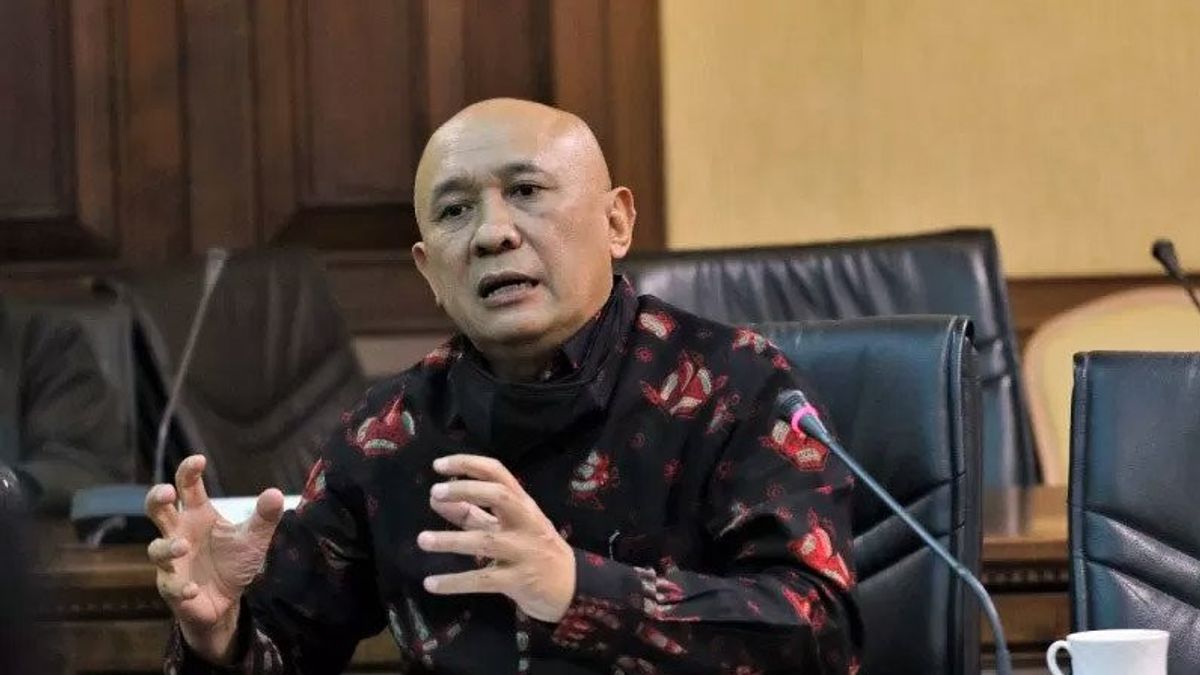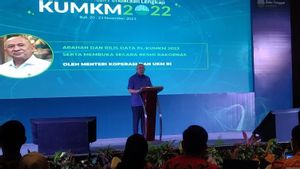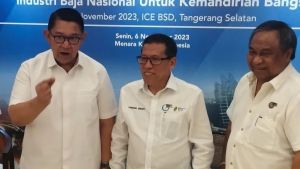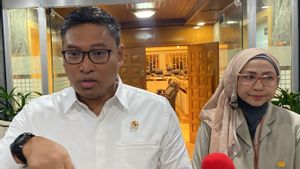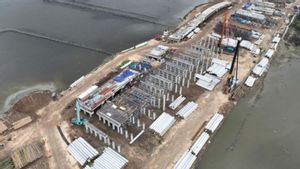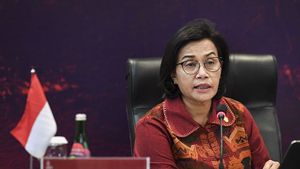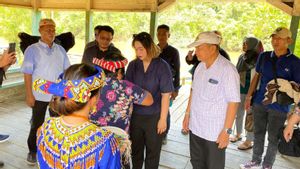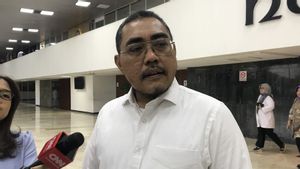JAKARTA - The Ministry of Cooperatives and SMEs (Kemenkop UKM) encourages the use of the complete data collection of cooperatives and MSMEs in 2022 to make policies that are solution and on target.
It was noted that the data collection resulted in 9.11 million businesses in Indonesia, with non-farm and residential business criteria consisting of 9.09 million MSMEs and 20,000 cooperatives.
"When I first became a minister, I asked for data and it turned out that there was no. So, we have to start preparing data-based programs. Otherwise, it will be inconsequential and the program will not be right on target," said Minister of Cooperatives and SMEs (Menkop UKM) Teten Masduki in a press release, Wednesday, November 22.
Based on this data, Teten assessed that his party would easily develop MSME empowerment programs as well as develop Human Resources (HR), both local governments and business actors.
Teten explained, according to the distribution area, MSME data was concentrated in Java which reached 5.4 million or 59.19 percent.
Next, MSMEs concentrated in Sumatra were 2.2 million or 24.10 percent and MSMEs concentrated in eastern Indonesia, namely in Bali, Nusa Tenggara, Kalimantan, Sulawesi, Maluku, and Papua as much as 1.5 million or 16.71 percent.
He emphasized that the data was not final, so he asked the cooperative and SME offices in the regions to continue to develop and update the results of this data collection.
The data is also expected to be used as an initial capital to develop MSMEs, both in numbers and in data changes, especially for cooperative and SME offices in areas that are very close to MSME actors.
SEE ALSO:
"So, the preparation of single data and data input is carried out in the regions. This is only non-farm and permanent. In fact, most MSMEs are engaged in the agricultural and aquaculture sectors. This is our comparative advantage over countries in the world," said Teten.
He emphasized that this data must be properly sorted. From the existing data, it must be sorted out which MSMEs are subsistent or only to meet the needs of families and MSMEs that can be developed.
"There are also things that can be developed so that the business scale can be enlarged, so that we can expand nationally or even go global. If the business scale is large, it will create jobs. Later, micro will decrease because the job field is open," added Teten.
The English, Chinese, Japanese, Arabic, and French versions are automatically generated by the AI. So there may still be inaccuracies in translating, please always see Indonesian as our main language. (system supported by DigitalSiber.id)
